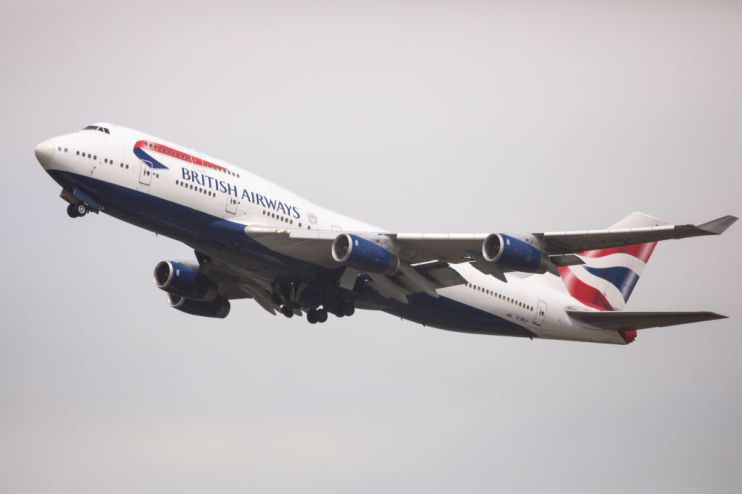What is the Global Travel Taskforce and what can we expect from its report?

Possibly the most widely cheered of the announcements in yesterday’s roadmap out of lockdown was the suggestion that international travel could begin again on 17 May.
Although Boris Johnson cautioned that this would be subject to a number of conditions, airlines, travel firms, and holidaymakers alike rejoiced at the prospect of a full summer holiday season.
But as to how this return to international travel works will be decided by the government’s Global Travel Taskforce, which will produce a report on how to restart travel for 12 April.
It is expected that the steps for getting the sector going again will follow from the recommendations made by this report.
What is the ‘Global Travel Taskforce’?
The Global Travel Taskforce is a cross-government body which was set up in the autumn to come up with a testing regime to allow people to travel again.
The body, which was run by transport secretary Grant Shapps and health secretary Matt Hancock, designed the “test to release” system that was introduced in December.
However, the initiative was far from a success, with initial problems with test suppliers leading to a shaky start to the system.
Johnson called the new taskforce a “successor” to the original body. In the government’s roadmap, it describes the aim of the 12 April report as developing recommendations to “facilite a return to international travel as soon as possible while still managing the risk from imported cases and variants of concern.”
Who will be involved?
Unlike in its previous iteration, the indication is that Shapps and the Department for Transport (DfT) will have sole charge of the new taskforce.
However, the body will likely have a similar composition to the first taskforce, which was made up of officials from the following bodies:
- Department for Health and Social Care
- NHS Test and Trace
- Public Health England
- Foreign, Commonwealth and Development Office
- Department for Digital, Culture, Media and Sport
- Department for Business, Energy and Industrial Strategy
- Ministry of Housing, Communities and Local Government
- HM Treasury
- The Home Office
- Department for International Trade
- The No 10 / Cabinet Office C-19 Taskforce.
It will also most likely include representatives from the Scottish and Welsh governments and Northern Ireland executive, with the goal of setting out a consistent approach across the four nations of the UK.
Before the Open: Get the jump on the markets with our early morning newsletter
Finally, the body will also work with representatives of the UK travel sector, including airlines and airports.
What will be in the 12 April report?
Fundamentally, the report will set out recommendations as to how the UK can increase inbound and outbound travel without importing new cases of the virus or most virulent variants.
When quizzed on it in the Commons yesterday, Johnson said that the report would look at “quarantine, destinations and so on.”
That is about as much detail as there is as yet, but the report seems almost certain to include many of the elements that ministers have already put in place.
In addition to the aforementioned “test to release” scheme, this could involve a return to the “travel corridors” policy used in the autumn, with various countries being put on and off an approved travel list according to their own Covid situation.
It will also presumably set out future plans for the “hotel quarantine” scheme which is currently in effect as a means of controlling the import of new variants of the disease.
It is also possible that ministers will look to put in place a fully-fledged airport testing regime, like other countries around the world. Airlines and airports have long favoured this approach, saying it is the most efficient way of getting travel going again.
Given recent noises, it also seems likely that the use of “vaccine passports” for international travel will be discussed. Johnson said that a separate review would investigate the use of such documents for domestic use, but ministers have already revealed that they have been in contact with counterparts around the world over using them to get travel going.
Johnson indicated that there would be further discussions to this end. “One consideration is that we need to make sure there are countries willing to accept British tourists in the way we would like. Some of them have said they will, but they are currently not very numerous”, he told MPs.